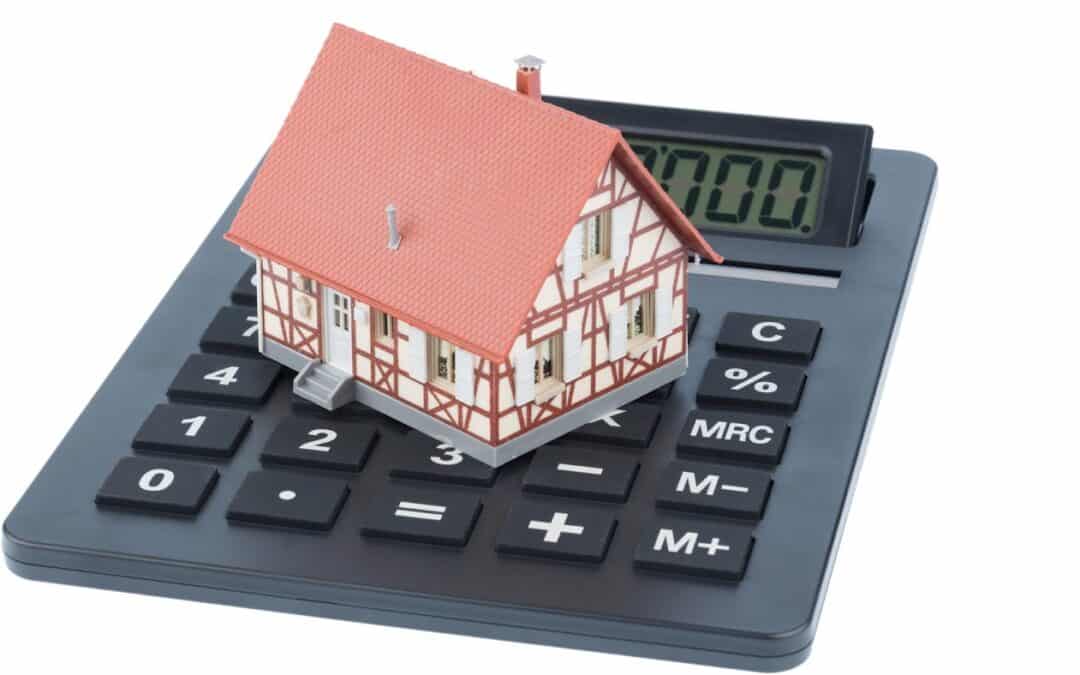If it’s time for you to buy your first home, you may have lots of questions. Luckily, you’re not alone. Buying a home can be an overwhelming experience, but when done correctly, it can also be rewarding. If you would like to learn more to prepare yourself for house-hunting, check out these three commonly asked mortgage questions.
1. Is a 15- or 30-Year Mortgage Best?
When choosing the length of your mortgage, you typically have two options: 15-year mortgage or a 30-year mortgage.
In the long run, a 15-year mortgage is a great choice. Not only do you pay the house off in less time, but you also pay less interest because you repay the loan faster. On the downside, however, your monthly payment is high, which may make it harder to get other loans in the future due to a high debt-to-income ratio.
A 30-year mortgage takes longer to repay, and you’ll pay more in interest. In addition, since so much money is going to interest, you build equity in the house slower than with a 15-year mortgage. However, the advantage to a 30-year mortgage is that the monthly payment will be significantly reduced when compared to a 15-year mortgage.
For many homebuyers, the lower monthly payment makes it necessary or tempting to take out a 30-year mortgage.
2. How Much Is the Down Payment?
One hard part about buying a home is the down payment. In most cases, lenders want a minimum of a 20 percent down payment to show your dedication and commitment to the home and repaying the loan. Naturally, the more money you can put down the better because it will reduce the overall size of the loan and cost in interest.
Luckily, if you can’t afford the 20 percent down payment, there are other options. Some of these options are only for specific people. For example, a VA loan requires no down payment but is only available to veterans.
FHA loans, however, are available for anyone (as long as you meet financial requirements). Since FHA loans are backed by the government, lenders are willing to accept a down payment of only 3.5 percent. You may be required to purchase mortgage insurance if the down payment is less than 20 percent.
3. What Factors Determine Your Interest Rate?
Most people want low interest rates when taking out any loan, but a low interest rate is especially important when you’re buying a house since a lower-interest loan could mean saving thousands of dollars.
There are many factors that determine interest rate. Some of them you can control, but others are outside of your control. Factors that you can control include your credit score, type of loan, down payment, and loan length. By improving your credit score or choosing a 15-year mortgage, you can significantly lower the interest rate.
Unfortunately, many factors are outside of your control. For example, a home located in an area with typically high interest rates will likely also have high interest rates. Since you can’t move the house, you’re out of luck unless you want to pick a new house.
Other factors you can’t control include the price of the house and the current market trends. When the market is down, interest rates tend to skyrocket, but when the market it up, interest rates drop. For this reason, timing is a crucial factor when buying a home.
Buying a home is expensive, but it is an investment. For this reason, it’s paramount to reduce costs as much as you can to boost your investment. If you would like to learn more about mortgages or if you are ready to start the home-buying process, contact us at Dominion Capital Mortgage today.

